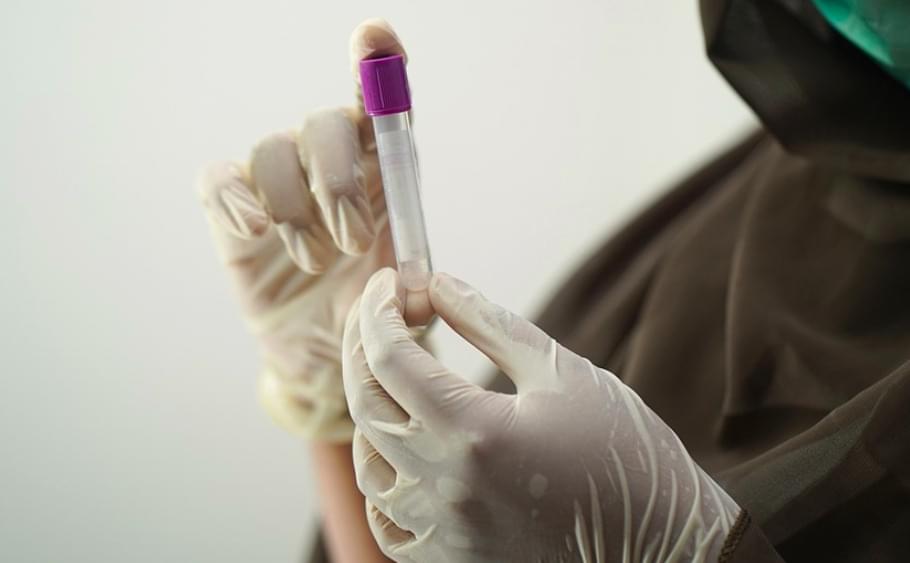The human genome is primarily composed of long stretches of repeat nucleotides that do not code for protein (only about two percent of the human genomes does code for protein). This mysterious, non-protein-coding DNA was once disregarded as junk DNA, but scientists have begun to find sequences of importance within this ‘junk,’ which is now sometimes called genomic ‘dark matter.’ Some of these sequences appear to have important regulatory functions, and can control the expression of some protein-coding genes. But studying these sequences can be extremely challenging, particularly because they are not like protein-coding genes that can be studied with standard techniques.
But scientists have now found a great use for the dark genome. Reporting in Science Translational Medicine, researchers created a method to reveal elements of the dark genome in cancerous tissue and in the bloodstream, as fragments called cell-free DNA (cfDNA). These bits of DNA are lost from tumors and they move around the body in the bloodstream. This technique may eventually help scientists or clinicians identify cancer or monitor the progress of treatment.










Comments are closed.